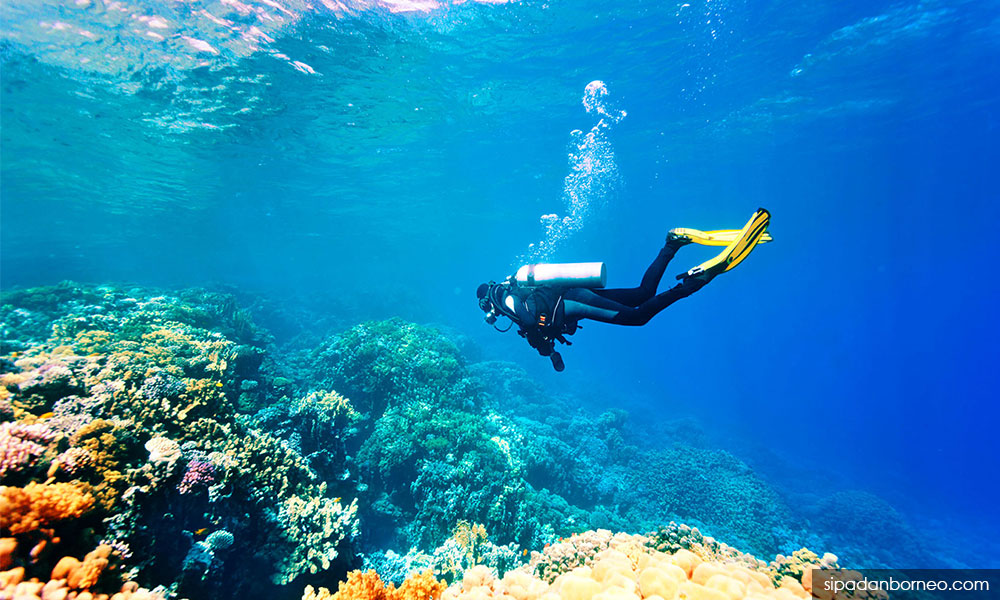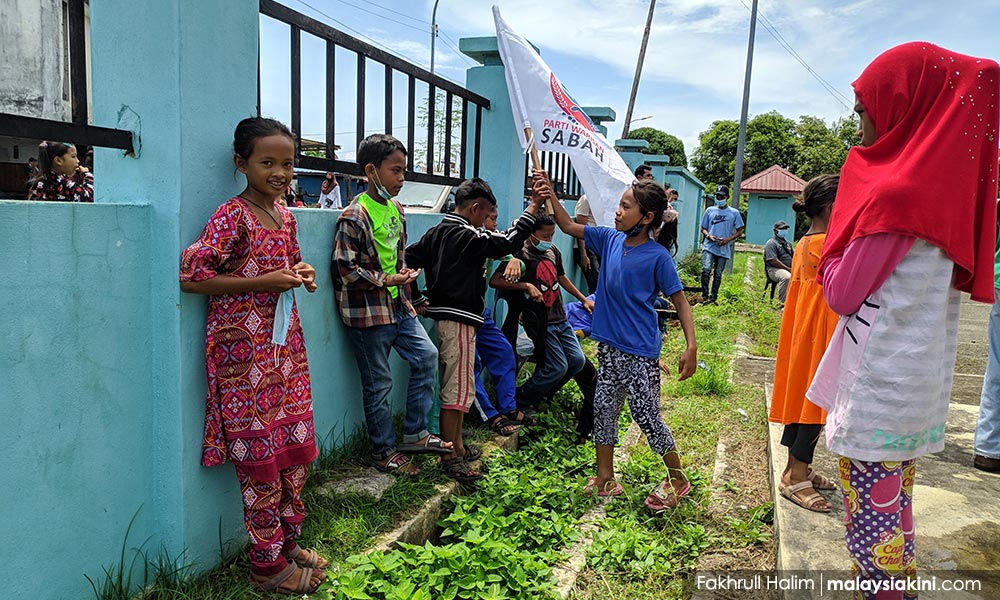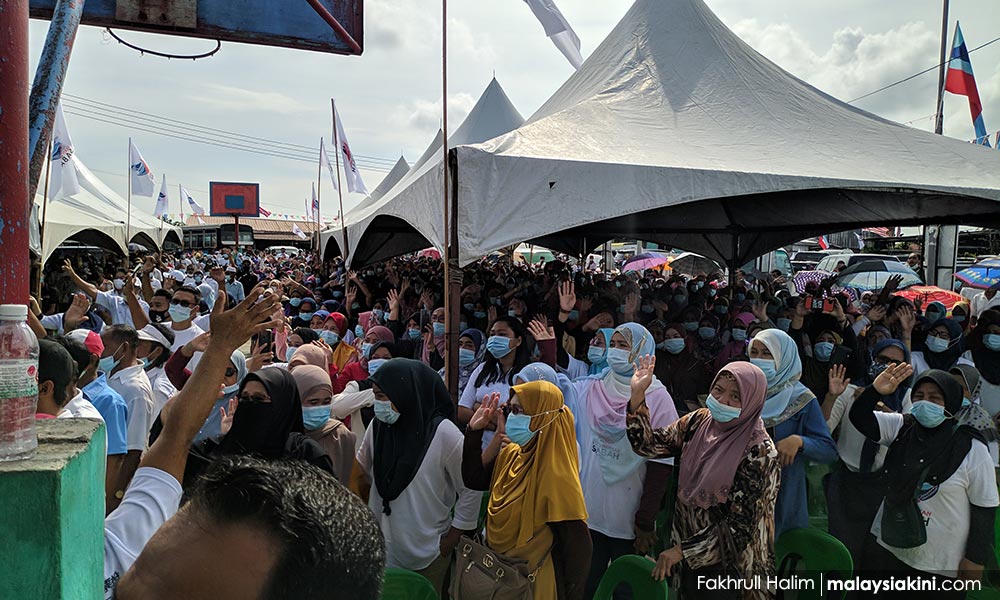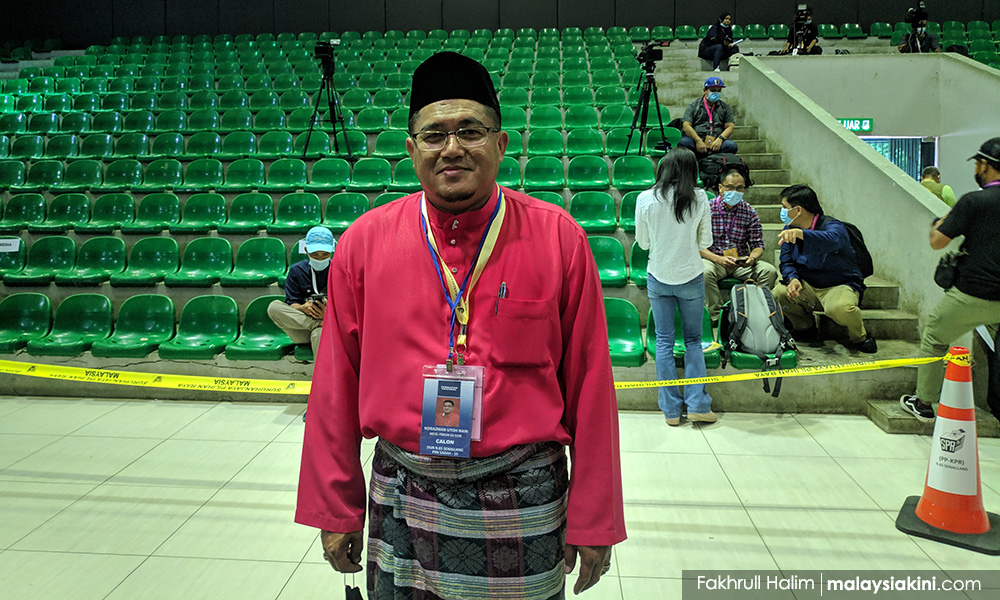
Sabah for Sabahans - that is incumbent chief minister Mohd Shafie Apdal's consistent message while out on the hustings since the start of the election campaign period on Sept 12.
"Who decides who governs Sabah? Not Kuala Lumpur. Those who will decide who governs Sabah are the people of Sabah," is Shafie's oft-repeated rallying cry on the ceramah stage, accented, and always followed by a cacophony of applause.
Soft-spoken and small-statured, once he is armed with a microphone and rostrum, Shafie makes it clear that he is one of the main contenders in this election.
This was clear in Semporna, a parliamentary constituency which he has represented since 1995. Wherever he goes, a crowd follows. When he peppers his speeches with Bajau, the crowd laps it up.
Shafie presents report card
For his constituents, Shafie said he has tried his best as chief minister, but just two years was not enough for him to fulfil all his promises, especially those that were jettisoned after the federal government changed in March.
"Our maritime borders are handled by those in Kuala Lumpur, but yet the fish in Semporna speak Bajau.
"For the people who live here, how can we let fishing boats come from outside our district? This power (over the sea) must be restored to the state government, so we can decide who holds the licenses to fish.
"Former prime minister Mahathir Mohamad agreed to this... that right should be given to the government of Sabah," he said at Pulau Bum-bum on Saturday.
Shafie said there were successful attempts to seek concessions from Putrajaya since he took over the state in 2018.
For instance, he said Sabah now has licensing rights for Pulau Sipadan - a world-renowned dive site, where divers will first make port in Semporna on the mainland.
Under the BN-administration, the island was managed by Putrajaya. In 2019, the management of the island was transferred to the Sabah government.
Shafie also succeeded in imposing a five percent sales tax on oil and gas companies operating in the state.
In all, Shafie told his audience that out of his 20 demands to Putrajaya during his 26-month tenure, 17 were approved.
His strategy, it would appear, was to show that his government was capable of producing tangible results and therefore making competing parties from Peninsular Malaysia - especially BN and Perikatan Nasional - less relevant.
No love for Aman brothers
From Shafie's speeches, it was clear that he had three main targets, whom he referred to as - si Jeffrey (Kitingan), si Anifah (Aman), and si Musa (Aman).
Anifah is the president of Parti Cinta Sabah (PCS), a name that Shafie was particularly fond of mentioning with a sarcastic tone.
"Parti Cinta (Love party)? Who else are you trying to love? You have a wife, that's enough," said Shafie, tickling his audience.
PCS is considered an outlier in this election but it is the only party to field candidates for all 73 seats.
Kitingan is the leader of Parti Solidarity Tanah Airku (Star) which is mostly concentrating its efforts in the Kadazan-Dusun-Murut heartlands in interior Sabah.
As for Musa, who is Anifah's elder brother and a former Sabah chief minister, he is currently an Umno member but is believed to be allied with Bersatu.
Shafie had repeatedly accused Musa of "investing" in several parties, although the latter himself did not stand for elections.
Read more: Sabah Decides 2020: Making sense of the players, parties and battles
Pounding the dusty trails
Even at the age of 62, Shafie's campaign schedule runs from dusk till dawn and his campaign speeches usually last an hour.
On the first day of campaigning alone, Shafie made five stops, which included stretches on foot to meet voters.
Speaking to reporters at Kampung Mantaritip, Shafie conceded that he had no choice but to pound the pavements and village trails because Internet coverage in Sabah was poor.
Wherever he went, Shafie would remind voters to maintain physical distance, bearing in mind that nearby Lahad Datu was the site of new Covid-19 clusters.
More often than not, his demands would be ignored. In Kampung Mantaritip, Shafie was greeted by an estimated 500 people - far more than the 250 limit set by the election commission.
An upset will take a miracle
Shafie will be defending his Senallang state seat, where he will face four challengers from PN-Bersatu, PCS, Parti Perpaduan Rakyat Sabah (PPRS), and United Sabah National Organisation (Usno).
His main rival is considered to be Norazman Utoh Nain (PN-Bersatu). Norazman told Malaysiakini that Shafie was his mentor when they were both in Umno.
Norazman conceded that he was the underdog in this contest but history has shown there can be upsets in an election.
"We hope for a miracle... in Senallang," said Norazman, who believed his chances of winning were "50-50".
Norazman (below) believed that Shafie should stop portraying PN and BN as "foreigners" and instead forge unity between East and West Malaysia.
He also hoped that Shafie would stop blaming Umno for all the problems in the state.
Shafie was once a vice-president of Umno and a former rural development minister, said Norazman, who added that such tactics by Shafie were akin to slapping himself in the face.
In Semporna, while Shafie appeared larger than life, some voters told Malaysiakini that there were complaints against their long-time leader.
Some complained that Shafie's representatives have treated them badly or that they had trouble visiting him at his home. These voters said that Shafie may not be getting their votes this time.
One voter, while acknowledging Shafie's shortcomings, said, "Regardless of what happens, I will still vote Warisan. We still remember his deeds." - Mkini







No comments:
Post a Comment
Note: Only a member of this blog may post a comment.